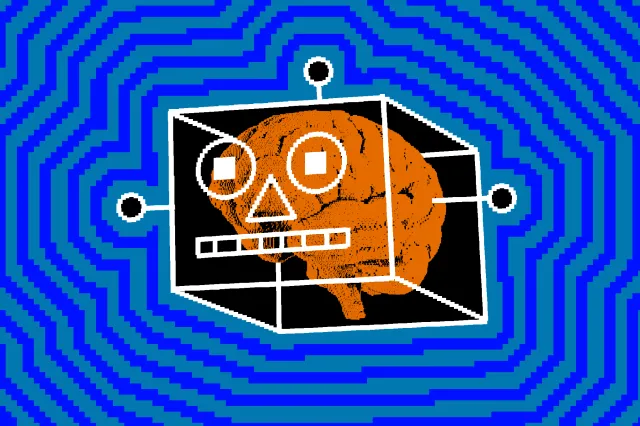Data science platform Kaggle is hosting a Wikipedia dataset that’s specifically optimized for machine learning applications.
In an era where artificial intelligence is advancing at a breakneck pace, Wikipedia—the world’s largest open-access encyclopedia—is taking a bold step to protect its platform while simultaneously empowering AI innovation. To mitigate the growing strain caused by automated bots scraping its content, the Wikimedia Foundation has launched a dedicated dataset tailored specifically for AI development. This strategic move aims to support machine learning workflows while easing the pressure on Wikipedia’s servers.
On Wednesday, the Wikimedia Foundation announced a new collaboration with Kaggle, the Google-owned online data science platform known for its expansive machine learning community. Through this partnership, Wikimedia has released a beta dataset of structured Wikipedia content in English and French, hosted directly on Kaggle. This offering is not just a simple data dump — it is a refined, machine-learning-optimized dataset designed to be immediately useful for AI developers, researchers, and data scientists.
A New Solution to an Old Problem
AI developers have long relied on scraping raw text from Wikipedia to train models and conduct experiments. However, this method is far from efficient — both in terms of machine readability and platform sustainability. The increasing number of scrapers puts unnecessary strain on Wikipedia’s servers, consuming valuable bandwidth and resources.
To tackle this issue, Wikimedia’s new dataset provides a clean, structured, and openly licensed alternative. By offering a resource that meets the specific needs of machine learning projects, the organization hopes to discourage developers from relying on inefficient scraping practices.
According to Wikimedia, this dataset has been “designed with machine learning workflows in mind,” making it far easier to access article content in a way that is both scalable and usable for a variety of AI-related tasks. Whether you’re working on model fine-tuning, benchmarking, alignment, or data analysis, this new resource offers a robust foundation.
What’s in the Dataset?
The initial dataset — as of April 15th — includes a wide range of useful content, such as:
- Research summaries
- Short descriptions
- Image links
- Infobox data
- Sectional breakdowns of articles
Notably, the dataset omits references and non-textual elements like audio files, ensuring that what’s provided remains focused and easy to integrate into machine learning models. The content is presented in well-structured JSON format, making it significantly more accessible and efficient to process than raw HTML or unstructured article dumps.
This structured approach offers a compelling alternative to the messier and more resource-intensive process of scraping. As a result, developers can now work with Wikipedia’s rich, human-curated content without contributing to server overload.
Leveling the Playing Field for AI Development
While large tech firms such as Google and the Internet Archive already have data-sharing agreements in place with Wikimedia, this Kaggle-hosted dataset levels the playing field for smaller companies, independent developers, and academic researchers who previously may have lacked the infrastructure or permissions to access high-quality Wikipedia data.
“Kaggle is thrilled to be the host for the Wikimedia Foundation’s data,” said Brenda Flynn, Head of Partnerships at Kaggle. “As the place the machine learning community comes for tools and tests, Kaggle is excited to play a role in keeping this data accessible, available, and useful.”
By choosing Kaggle — a platform well-regarded for its competitions, collaborative notebooks, and active user base — Wikimedia ensures that the dataset reaches the heart of the global AI and data science community.
The Bigger Picture: Responsible AI and Open Knowledge
This initiative is more than just a technical solution — it reflects a broader vision of responsible AI development and the ethical use of open data. Wikimedia’s move aligns with its mission to make knowledge freely accessible to all, while also encouraging developers to respect platform limitations and contribute to a healthier internet ecosystem.
As AI continues to permeate every aspect of society, from chatbots and language models to search engines and education tools, the quality and structure of training data have never been more important. By offering an optimized, reliable, and ethical source of training material, Wikipedia is setting a precedent for how content-rich platforms can collaborate with the AI community without compromising their own sustainability.
Final Thoughts
In a world increasingly shaped by artificial intelligence, data is power — and access to high-quality, structured, and ethically sourced data is a game-changer. With this new initiative, Wikipedia is not only safeguarding its future but also investing in the future of open-source AI development.
This Kaggle-hosted dataset is now live and available in beta form. Developers and researchers eager to explore it can head to Kaggle and start experimenting with one of the most iconic knowledge bases on the web — now more machine-friendly than ever.










